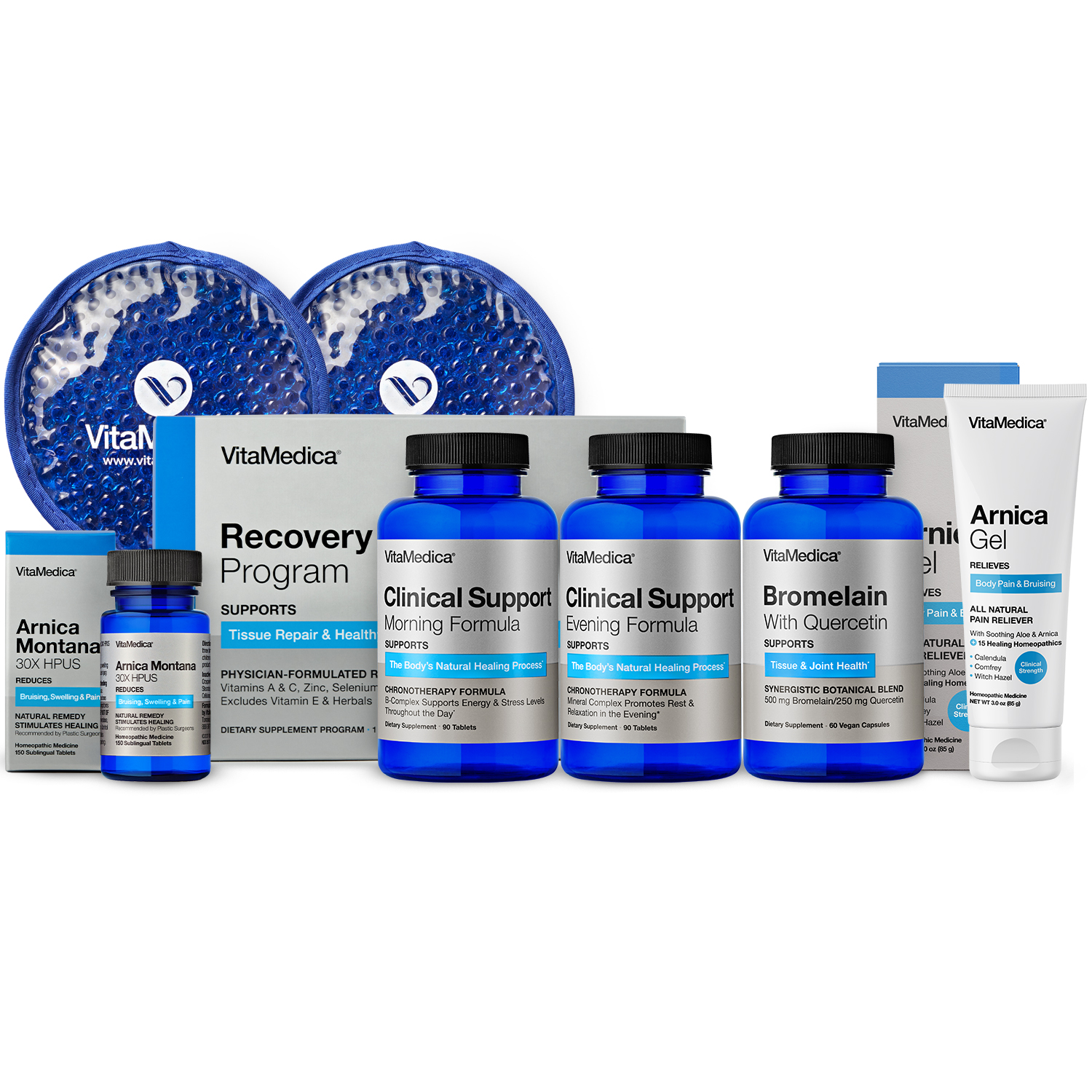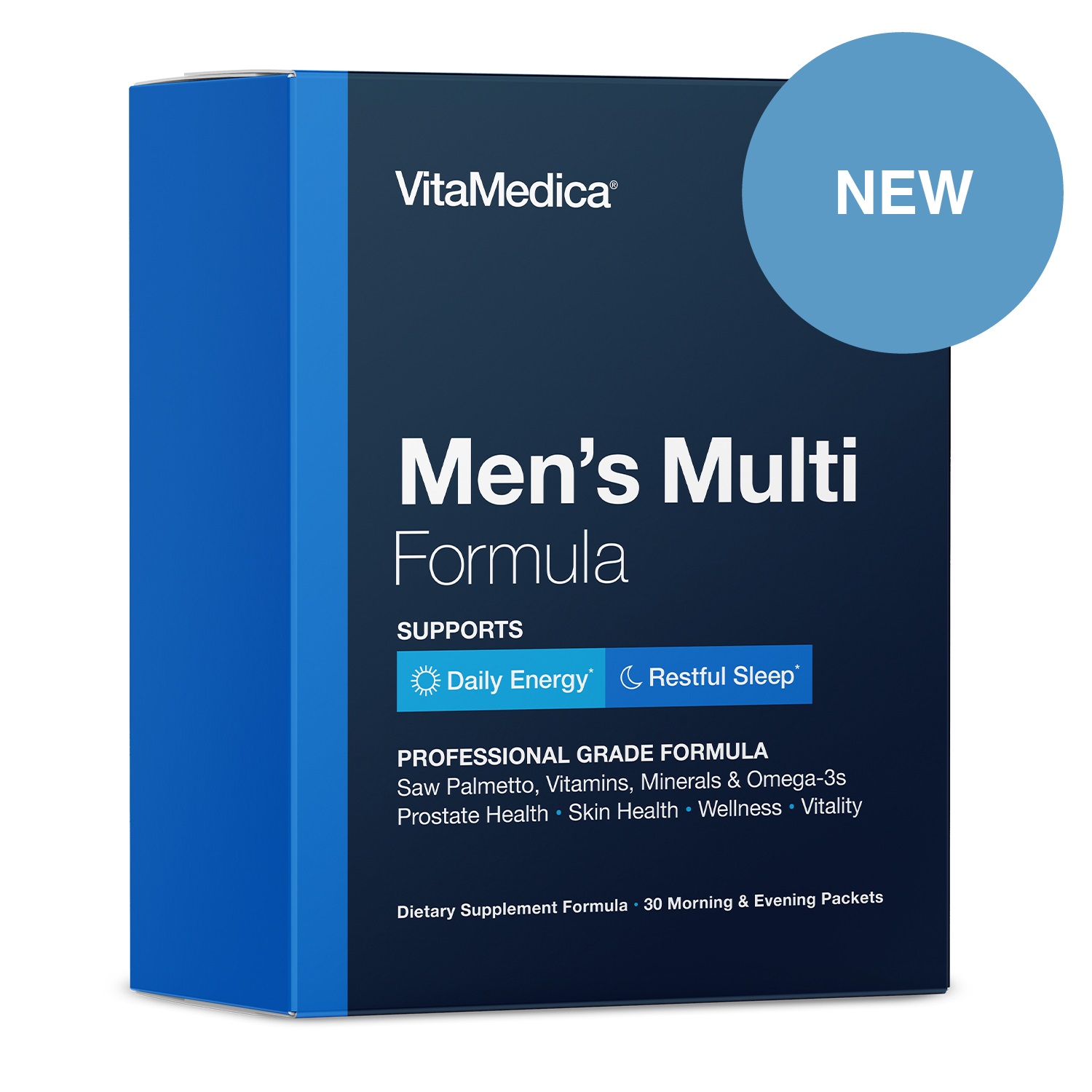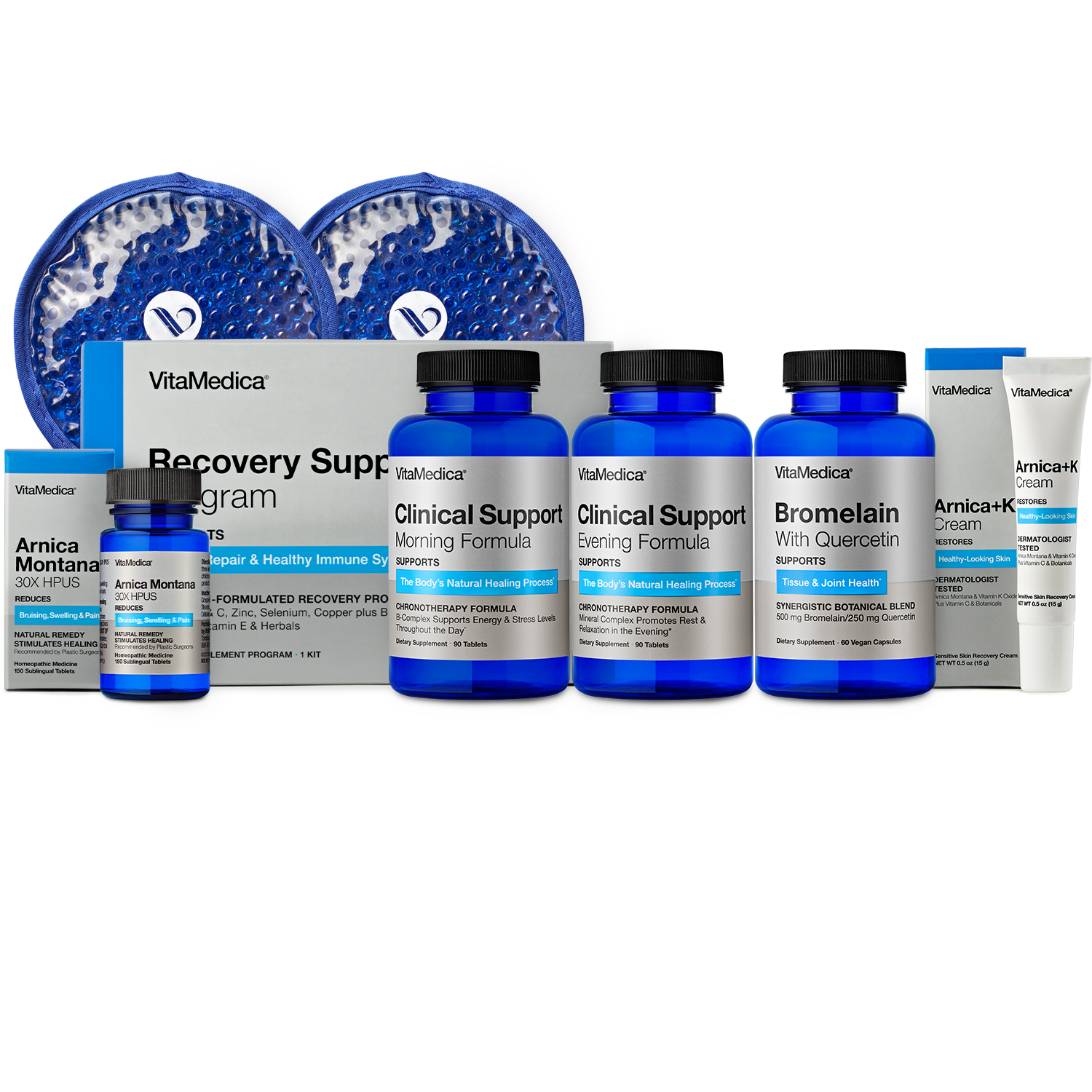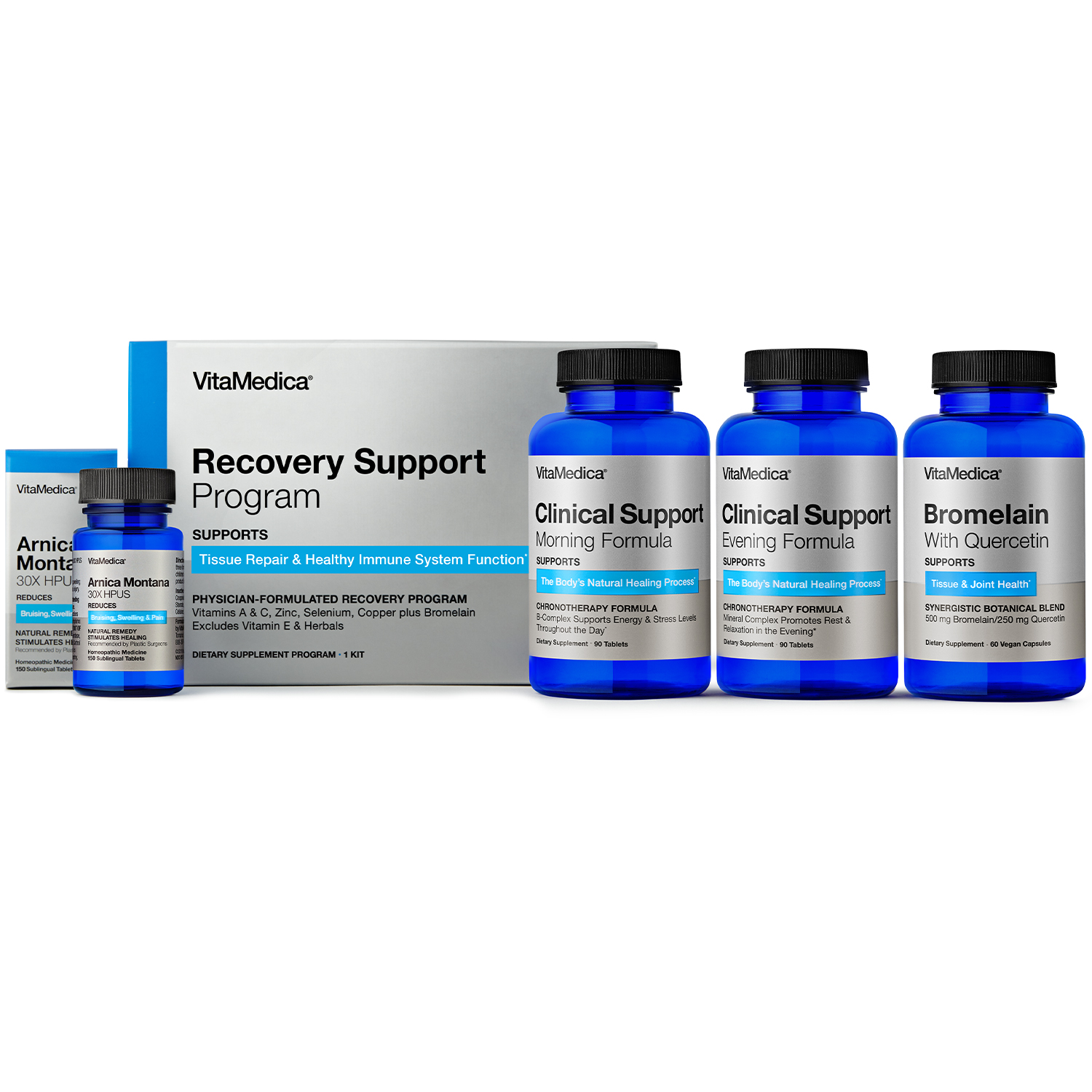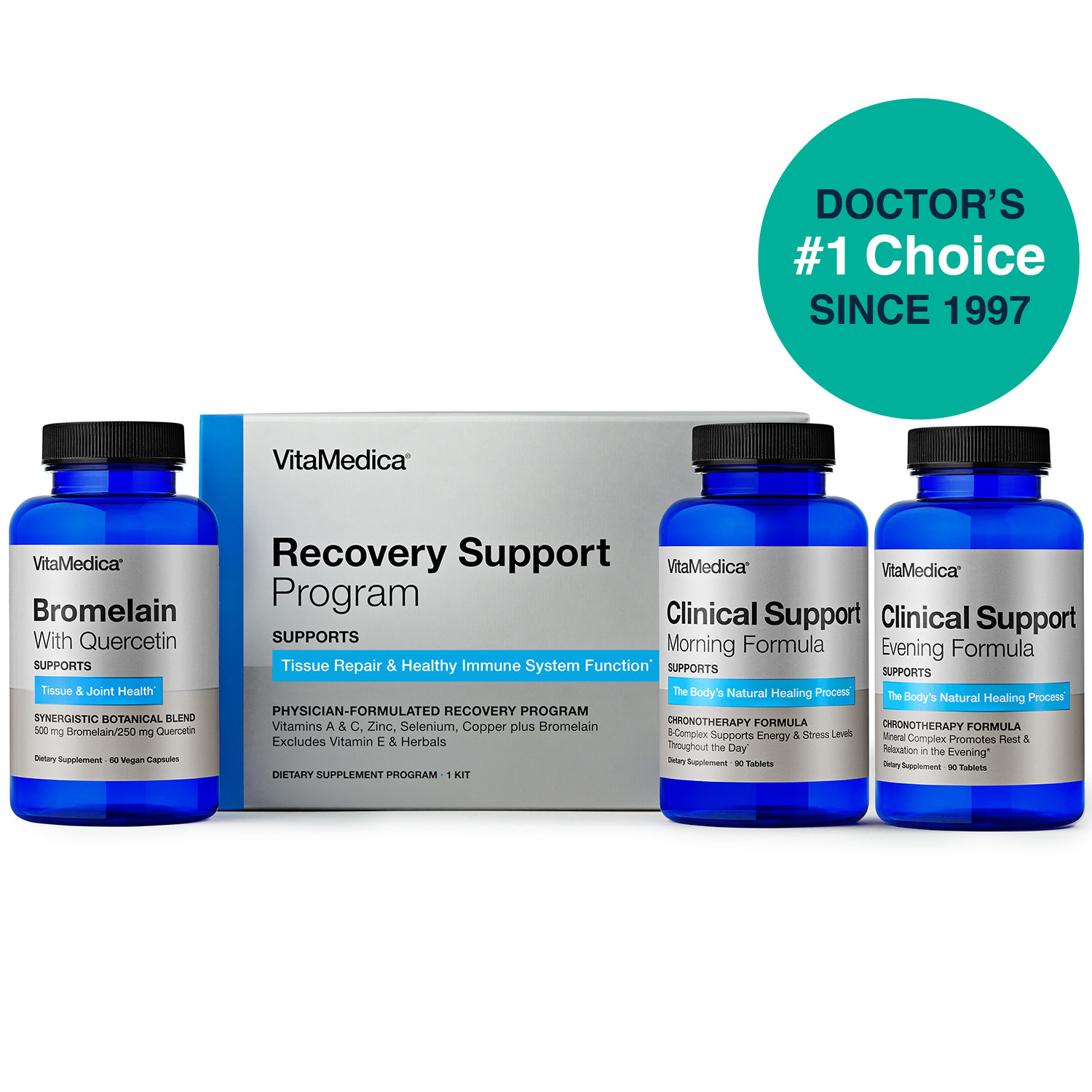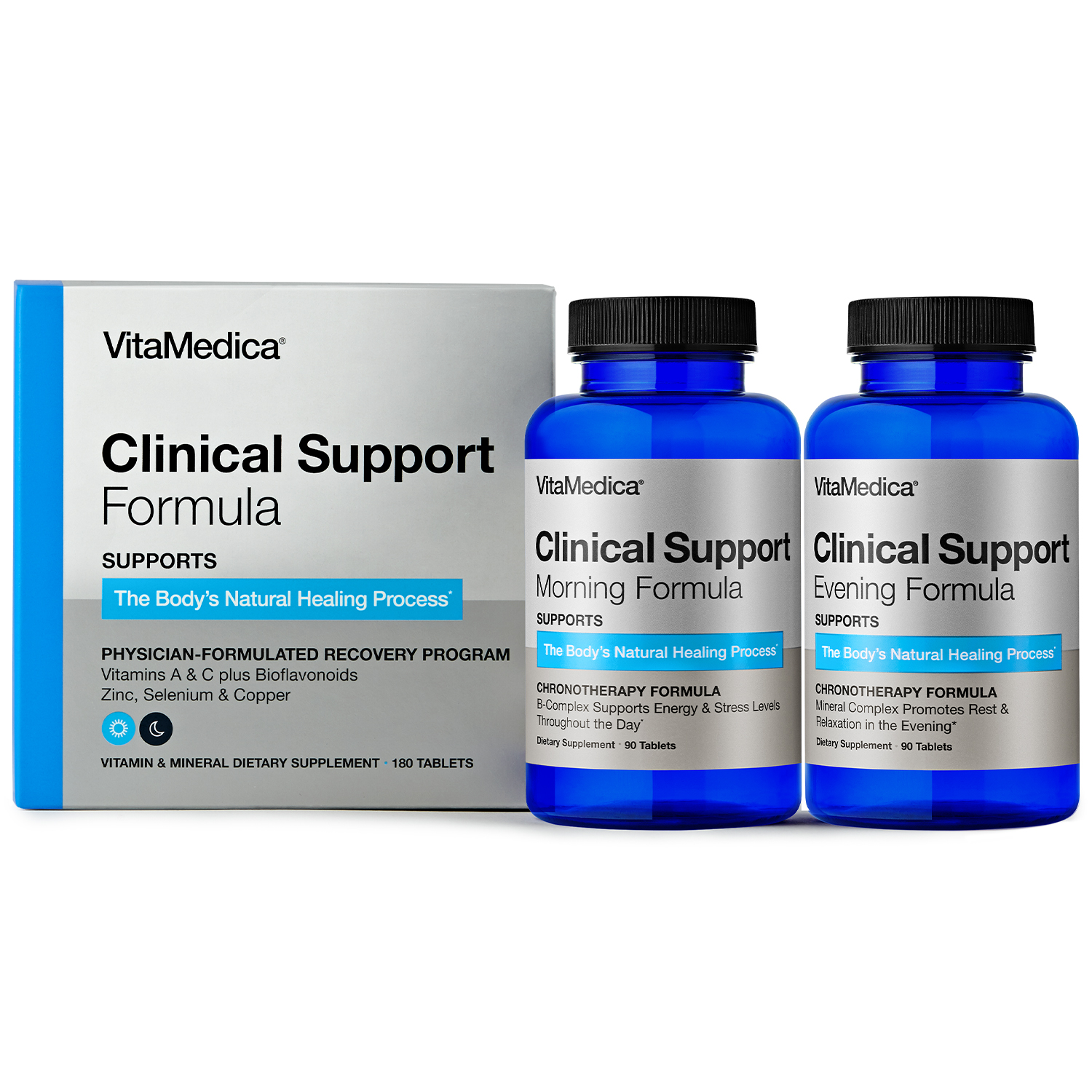Mineral Supplements & Multivitamins with Minerals
Aiming for optimal health inside and out? Don’t forget about mineral supplements as many body functions depend on the action and interaction of minerals. Many diseases, illnesses and ailments can be traced to a mineral deficiency, so be sure to nourish your body with what it needs to function at its best – with both essential vitamins and minerals.
According to the 2017 CRN Consumer Survey, more than three-quarters of American adults take some type of dietary supplement. A multivitamin with minerals supplement is the most commonly consumed of all, with 75 percent noting they’ve taken this type over the past year.
Of the 12 most popular supplements, calcium and magnesium were the only minerals that ranked among them, but there are a number of others that are just as important despite being frequently overlooked.
WHY DO WE NEED MINERALS?
Minerals help a wide range of bodily functions from supporting bone and immune health to assisting with energy production and nerve function. Like vitamins, minerals are considered cofactors because they help to activate thousands of enzymatic reactions in the body.
WHAT ARE MINERAL SUPPLEMENTS?
Since our bodies can’t manufacture minerals, we must obtain these nutrients from either the foods we eat or from a supplement. As the name implies, mineral supplements are dietary supplements that are formulated with minerals. Mineral supplements include calcium, magnesium, sodium, potassium, phosphorus, iron, chromium, copper, iodine, manganese, zinc, selenium and molybdenum, among others.
Mineral supplements are available as part of a multivitamin with minerals and as a standalone mineral supplement. Both multivitamins with minerals and mineral supplements come in a variety of forms, including capsules, tablets, powders, liquids, gel caps, and softgels. Whether you opt to take a multivitamin with minerals or a mineral supplement, neither is a substitute for food; but rather a supplement to an already nutritious diet to support good health and well-being.
WHAT TYPES OF MINERAL SUPPLEMENTS?
Minerals come in two forms – bulk or macrominerals and trace minerals.
Bulk Mineral Supplements
From the Greek word meaning “large”, macro minerals are required in larger amounts in the body. The macro minerals include calcium, magnesium, phosphorus, potassium, and sodium, among others.
Calcium
Calcium is arguably the most important nutrient in the body. It makes up about 2 percent of total body weight, contributing to many body functions. Ninety-nine percent of the mineral is stored in the bones and teeth, supporting skeletal function and structure. The remaining calcium is used for other essential functions such as muscle and blood vessel contraction, and in cell signaling which helps to send messages through the nervous system.
A lack of calcium that results in a deficiency can lead to poor oral health, weak or broken bones, heart problems and even sleeping difficulties as the mineral aids in the production of melatonin, a sleep hormone that helps regulate the body’s sleep-wake cycle.
Some of the best food sources for calcium include foods like yogurt, milk and cheese, as well as dark, leafy greens such as collards and spinach, canned salmon, white beans and tofu. Bone Support supplements, available in liquid, powder, chewable or tablets, are best absorbed when taken with a meal. Consuming foods that provide vitamin C with calcium-containing foods is a great way to enhance absorption.
The Recommended Dietary Allowance (RDA) for calcium in adults is 1,000 milligrams. Women over 50 years old should aim for 1,200 mg per day. No more than 2,500 mg for adults 19 to 50, and 2,000 mg for those over the age of 50 should be taken.
As with any mineral, the ideal is to obtain your daily requirement from food. At a minimum, getting half of your daily requirement from food and half from supplements is better than just from supplement alone. In menopausal women this is particularly important as increased intake from calcium supplements is associated with heart attack risk.
Magnesium
Magnesium has a far-reaching effect in the body, necessary for over 300 enzymatic reactions. Without this mineral, we couldn’t produce energy, nor adjust levels of cholesterol produced and released into the bloodstream, and our muscles would be in a permanent state of contraction.
The latest data, according to a National Health and Nutrition Examination Survey, found that at least half of American adults don’t get enough magnesium. A deficiency can lead to fatigue and weakness, muscle cramps, an increased risk of depression, osteoporosis, asthma, irregular heartbeat, high blood pressure and other health issues. This mineral also plays an important role in a healthy pregnancy, necessary for brain and body development as well as bone and tooth formation.
Foods that are rich in magnesium include almonds, sunflower seeds, flaxseeds, peanuts, oats and other whole grains, legumes and dark chocolate. There are multiple magnesium supplement forms, including capsules, liquid, tablets and powder that is mixed into drinks, as well as multivitamins with minerals that include magnesium.
Some studies have found that increasing vitamin D intake can help the body absorb magnesium better, so you may want to eat more vitamin D-rich foods such as eggs and tuna, and/or spend some time in the sun. Going outside for 10 minutes in the mid-day sun without sunscreen allows the body to produce around 10,000 IU of the vitamin. The RDA for magnesium is 400 to 420 mg per day for men and 310 to 320 mg for women.
Phosphorus
The second most plentiful mineral in the body, phosphorus is essential for the health of our skeletal structure including building strong bones and teeth. This mineral also helps to keep hormones balanced, utilize nutrients from the foods we eat, and maintain a regular heartbeat.
Because phosphorus is added to many packaged and processed foods, most people get adequate amounts through diet. However, certain health conditions like alcoholism and diabetes as well as some medications (e.g., antacids) can lead to phosphorus levels dropping too low. Too little or too much phosphorus can cause problems like fatigue, joint pain or heart disease.
Generally, foods that are rich in protein are also rich in phosphorus, such as fish, meat and poultry, dairy products, nuts and seeds, and beans. Garlic, potatoes, dried fruit and whole grains contain this mineral too, however, humans are unable to absorb phosphorus from whole grain foods. Phosphorus supplements may come in tablet, capsule, chewable, liquid, softgel or powder form. The RDA for adults age 19 through 50, is 700 mg.
Potassium
Potassium is both a mineral and an electrolyte. Electrolytes conduct electrical impulses in the body and help in a wide range of important body functions like regulating blood pressure, nerve impulses and muscle contractions, digestion, heart rhythm, pH balance and keeping water levels balanced normally. If you don’t get enough potassium, your muscles may become fatigued or cramp easily, you may become irritable or confused, or experience heart problems.
Fruits like bananas, oranges, apricots, kiwi and pineapples are rich in potassium, as are leafy greens, potatoes and carrots. Other good sources include beans, nuts, whole grains and lean meats. While most people get enough of this mineral in their diet, those who have a magnesium deficiency, are taking antibiotics, overuse diuretics, have kidney disease and/or frequent vomiting, diarrhea or excess sweating, may have a potassium deficiency.
Potassium comes in tablet, capsule, powder and liquid form. Like most minerals, it can also be found in multivitamin with minerals supplements. The RDA for potassium in adults is 4,700 milligrams.
Sodium
Sodium is vital to routine functions such as helping to maintain the right water balance, carry electrolytes that facilitate nerve cell transmission and muscle contraction. Sodium also plays a role in controlling blood volume and pressure. The body continuously monitors concentrations of sodium and blood volume, and if either gets too high, it will stimulate the kidneys to eliminate excess sodium and return blood volume to normal levels.
The primary source of sodium in one’s diet is salt, or sodium chloride, the majority of which typically comes from processed foods. Too much sodium can cause health problems too, such as hypertension, which can lead to more serious issues.
Most sodium supplements are electrolyte replacements in the form of drinks, powders and tablets. Sodium intake should be no more than 2,300 mg per day for adults through age 50, and 1,500 mg daily for those 51 and older. If you have chronic kidney disease, diabetes, hypertension, or are African- American, it’s also important to take in no more than 1,500 mg of sodium per day.
Trace Mineral Supplements
While trace minerals are necessary for proper body functioning, only a very small amount of each one is required. Trace minerals include chromium, copper, iodine, iron, manganese, molybdenum, selenium, and zinc.
Chromium
Chromium is essential for metabolic processes that help to regulate blood sugar as well as aid insulin in transporting glucose into cells where it is then used for energy. It’s estimated that 25 to 50 percent of American adults are moderately deficient in chromium, due to low levels of the mineral in soil, and the loss of chromium from processed, refined foods like sugar and flours.
A wide variety of foods contain chromium, but the foods with the highest amount are shellfish like mussels and oysters, pears, Brazil nuts, broccoli, sweet potatoes, tomatoes, and eggs. Trace mineral supplements like chromium typically come in tablet or capsule form. The Recommended Dietary Allowance (RDA) for chromium in adults is 20 to 35 micrograms.
Copper
The third most abundant mineral in the body, copper aids in the formation of bone, hemoglobin and red blood cells. The mineral is essential for formation of connective tissue and works in balance with vitamin C and zinc to form elastin. Copper is involved in healing, energy production and is needed for healthy nerves and joints
Copper deficiency is associated with Alzheimer’s disease and inflammatory conditions such as osteoarthritis and rheumatoid arthritis.
Good sources include shellfish like oysters, beans, dark leafy greens, potatoes, whole grains, dried fruits, organ meats, and nuts, particularly almonds and cashews. Tablets and capsules are the most common form of copper supplements; however, this trace mineral can also be found in powder, liquid and softgel form. The RDA for copper is 900 micrograms for adults.
Iodine
Iodine is necessary to make thyroid hormones which control metabolism and a number of other essential functions. Iodine deficiency in the U.S. is rare as table salt (sodium chloride) is fortified with iodine and most packaged, processed foods contain sodium. Insufficient iodine is associated with goiter, a condition in which the thyroid gland grows larger than normal.
If you’re acne prone, avoid supplements and foods that contain iodine as this mineral may exacerbate acne.
Iodine is most commonly found in iodized salt, though fish like tuna and cod, shrimp, seaweed and other seafood are usually rich in this element. It can also be found in dairy products, and foods made from grains like bread. The RDA for iodine in adults is 150 mcg.
Iron
The majority of the body’s iron is found as hemoglobin in red blood cells and as myoglobin in muscle cells. Hemoglobin is a protein in red blood cells that transports oxygen in the blood from the lungs to the tissues. Myoglobin is a protein that helps to transport, store and release oxygen in muscle cells. If the body doesn’t have enough of these two proteins, the muscles and tissues can’t get the oxygen they need to work optimally.
Iron also plays a role in immune function and is essential in the synthesis of collagen and some neurotransmitters.
Iron deficiency can lead to a condition called anemia. Signs of iron deficiency include feeling unusually tired, suffering from headaches or dizziness, and experiencing shortness of breath.
Foods rich in iron include red meat, poultry and pork; dark leafy greens like spinach, dried fruit, peas and beans, seafood, seeds and nuts, and iron-fortified foods. Iron supplements come in a variety of forms, including capsule, tablet, liquid and powder form.
Iron supplements which should be taken separately from other mineral supplements, often cause constipation. Look for heme iron which is derived from animal sources (compared with non-heme iron which comes from plants) and is less likely to cause this problem.
It’s important for both post-menopausal women and adult men to only take an iron supplement when deficient, A report published in the Archives of Internal Medicine indicated that older women have a slightly increased risk of dying by taking supplements like iron, although taking a calcium supplement with it can decrease that risk.
The RDA for iron in adult males is 8 mg; in adult women it is 18 mg.
Manganese
Manganese plays a role in bone health, is necessary for proper cognitive functioning, and is involved in fat and carbohydrate metabolism.
The highest quantities of manganese can be found in whole foods like beans, seeds, and some nuts as well as certain fruits and vegetables, usually in lower amounts. As this mineral works closely with iron, it’s typically present in foods that contain iron.
Manganese is typically available in either capsule or tablet form. There is no RDA for this trace mineral, however, most experts recommend adults get 2 to 5 mg.
Molybdenum
This trace mineral aids in metabolizing fats and carbohydrates as well as facilitating the breakdown of sulfur-containing amino acids in the body.
This trace mineral can be found in cheese, grains, nuts, leafy greens, and liver. Molybdenum comes in tablet, capsule and liquid form. The RDA for molybdenum in adults is 45 mcg.
Selenium
Selenium is incorporated into an antioxidant enzyme that helps the body defend against oxidative stress caused by free-radicals. This trace mineral also plays a role in immune system function, regulates thyroid metabolism, and helps to maintain a healthy metabolism.
Selenium is a trace element found in many different foods. The best source of selenium is seafood and organ meats, though muscle meats, grains, poultry and dairy products contain some too.
Selenium generally comes in tablet or capsule form. The RDA for selenium in adults is 55 mcg.
Zinc
Zinc is responsible for multiple body functions while helping to stimulate the activity of at least 100 different enzymes. Zinc is a necessary element for a healthy immune system and aids in collagen production, wound healing and sebum regulation.
High doses of zinc can lead to a copper deficiency so you may need to take a supplement that includes both minerals.
You can get zinc from nuts and seeds, legumes, red meat, whole grains and seafood like oysters. The mineral can also be found in plant sources like spinach, but it’s difficult to absorb as it tends to bind to a substance known as phytic acid.
Zinc is available in capsule, tablet or liquid form. The RDA for zinc in adults is 11 mg.
WHAT’S THE BEST WAY TO GET MINERAL SUPPLEMENTS?
The best way to ensure your body gets the essential vitamins and minerals it needs is by following a nutritious diet that includes a wide variety of whole foods. If you’re unable to get sufficient levels of these important micronutrients, then taking either a multi-mineral supplement or a multivitamin with minerals can help to fill gaps in your diet.
Multi-Mineral Supplement
Multi-mineral supplements typically contain minerals like calcium, phosphorus, magnesium, iodine, zinc, copper, selenium, manganese, chromium, molybdenum, with or without iron.
Multivitamin with Minerals
While minerals are a must, vitamins are just as important which is why it usually makes sense to take a multivitamin with minerals, which contains both vitamins and minerals.
The right multivitamin and mineral supplement really depends on your particular state of health, age and gender, but some easy research can help you determine the best vitamin and mineral supplements for your situation.


